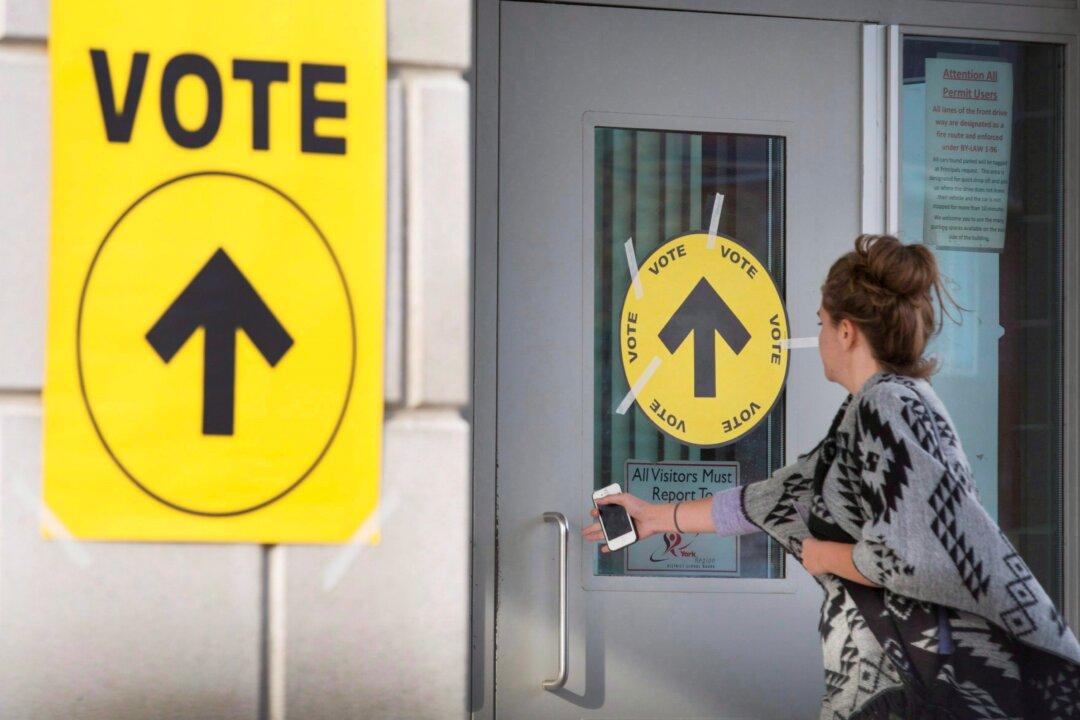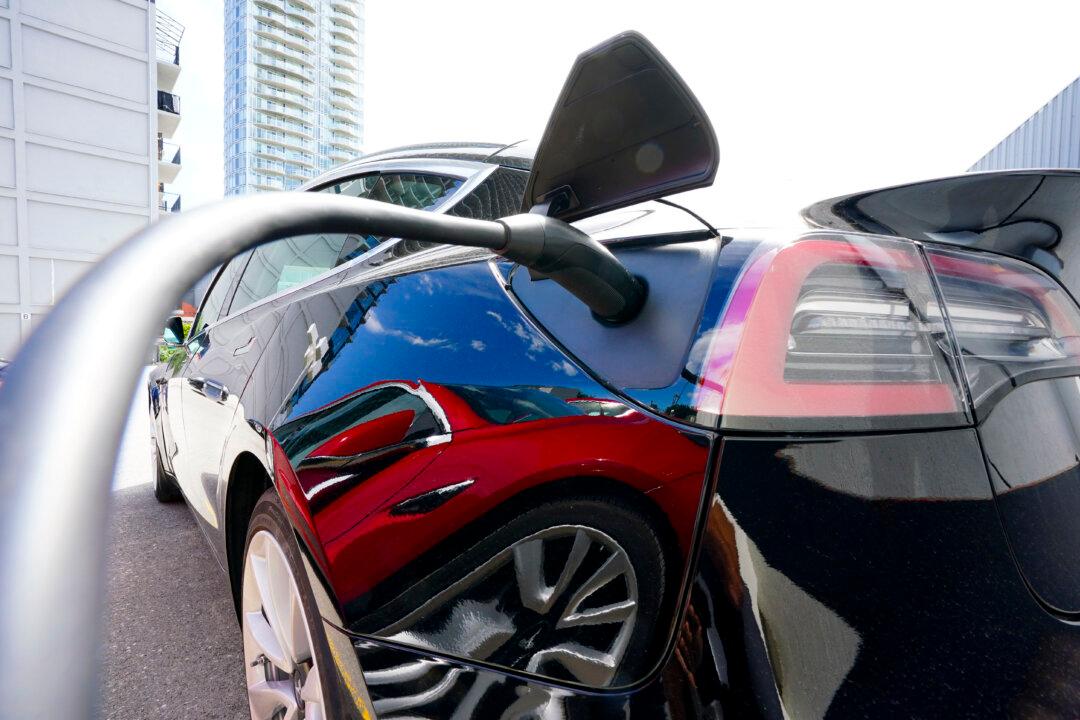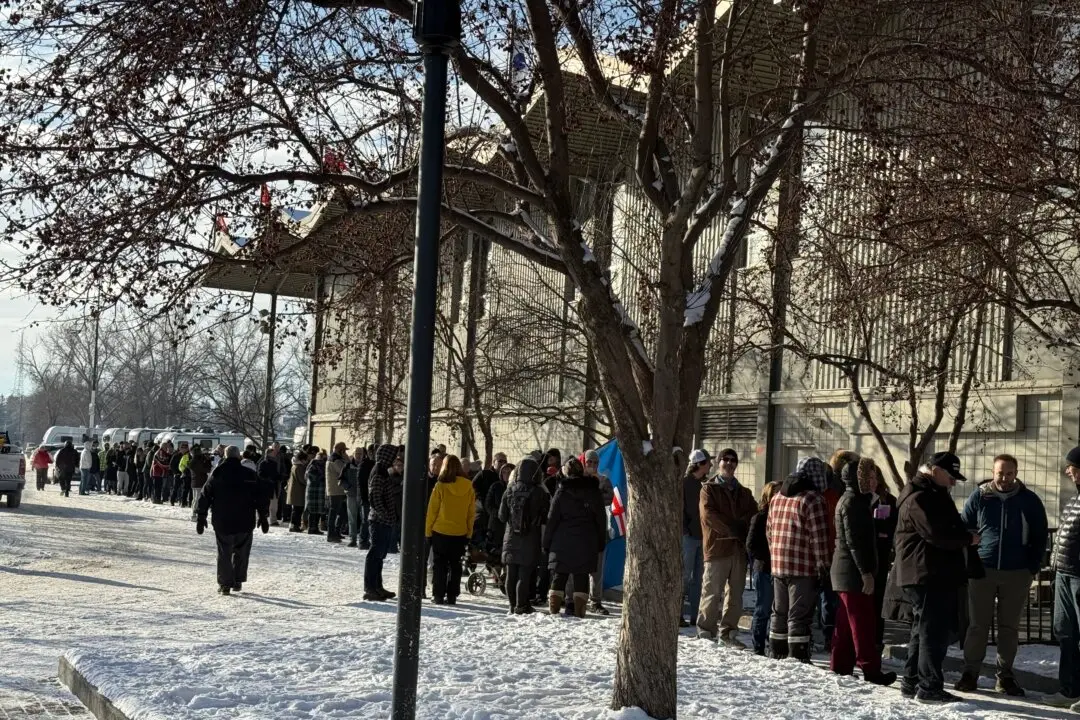Election polling in North America has been frustratingly hit and miss in recent years. Pollsters have had difficulty reaching people without traditional landline telephones and internet polling has been prone to notoriously to biased results.
That said, pollsters have been adapting to changing times, and electoral forecasts from a number of firms have been consistent. Polls provide us with a snapshot of where voters are sitting and we can still read a lot into them.





